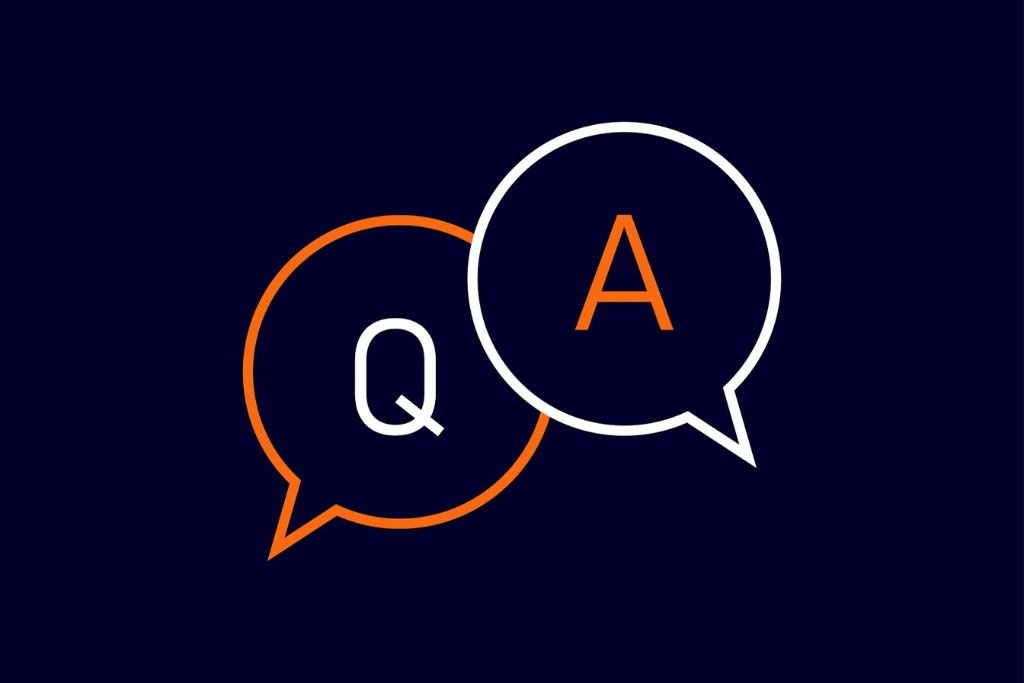Life settlement provider Abacus Life listed on the Nasdaq a year ago, a rarity in the life settlement market. Greg Winterton spoke to Jay Jackson, Founder and CEO at Abacus Life, to get his thoughts on a range of topics in the life settlement market.
GW: Jay, we’re into the second half of 2024 now, and both LISA and The Deal have published their annual data insights into activity in the secondary market. What are your thoughts on the results at an industry level?
JJ: Overall, I thought the results were encouraging for our industry. The life settlement market had a strong year in 2023 in both number of policies purchased, and total capital deployed. The growth can be attributed to an increase in awareness driven by not only television and digital marketing but also financial professional outreach.
GW: It’s approximately a year since Abacus listed on the Nasdaq. What are some of the lessons you’ve learned after being a public company for a year?
JJ: The challenges of being a public company are the demands related to reporting. Historically, we would prepare for audits and reviews annually – now that occurs every 90 days. The markets are not only learning about our industry more frequently but are also scrutinizing the results every quarter. This level of scrutiny requires a higher level of accountability, transparency and operations. In addition, becoming a public company created additional transparency and regulatory review of not just our company but the industry, which has had a positive impact on the overall optics of our industry.
GW: Back to transactions now. The direct-to-consumer market, in which Abacus participates, has been growing generally in the past few years. Is this trend one that is something of a paradigm shift in the life settlement market, in the sense that the secondary market will increasingly see deal flow from this segment?
JJ: Our industry has been built on education. The challenge is the education can take significant time before an impact is made. The direct-to-consumer market is not different. It requires significant resources in both operations and capital to be successful. The benefit of direct-to-consumer education can be materialized through all origination channels. As companies continue to invest in education then there will be a positive impact for the entire industry.
GW: What about policy type and features – are you seeing more seasoned policies, or younger people looking to sell their policy, for example? Anything interesting at the type and insured level?
JJ: We have seen a significant increase in the volume of larger face value contracts. We believe a cause for this shift is awareness from financial professionals as they are now communicating the benefits to their client’s estate. The optic of the transaction is shifting from a one-off small transaction for seniors who are in financial need to an estate planning tool used by high-net-worth households.
GW: Finally, Jay, back to the aforementioned secondary market activity data. What would you say is the main puzzle that needs to be solved in order to really get the life settlement industry moving in terms of secondary market deal flow?
JJ: Education and operations related to the documents used in acquisition. We as an industry should spend more time educating the states on a more streamlined document process. This is one piece of the puzzle that would have a significant impact on increased deal flow.
Jay Jackson is CEO at Abacus Life

